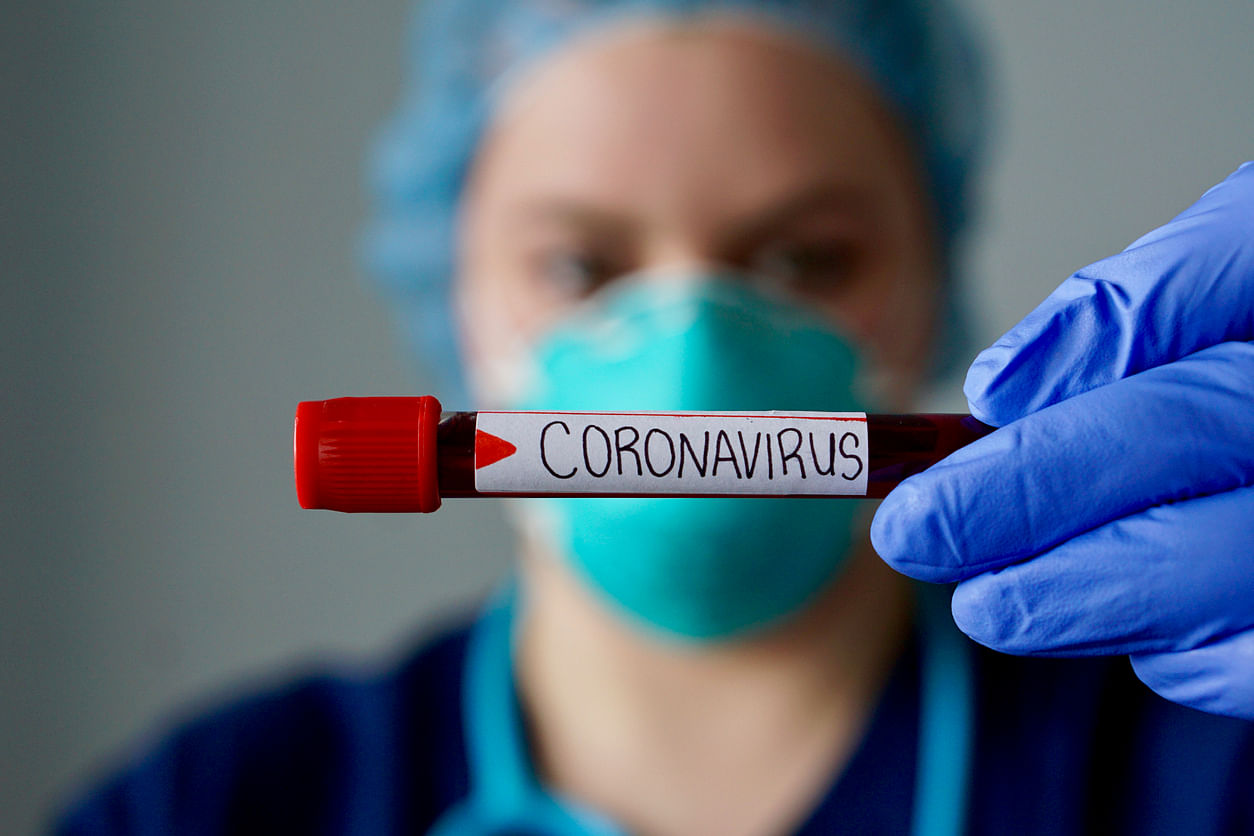
Researchers at the prestigious Monash University here have developed a new blood test that they say can detect positive Covid-19 cases in just about 20 minutes and identify if someone has contracted the novel virus, a finding that could assist the world to mitigate the virus spread through robust contact tracing.
Researchers at the university developed the simple agglutination assay, an analysis to determine the presence and amount of a substance in blood to detect the presence of antibodies raised in response to the SARS-CoV-2 infection.
As part of the research, the team of researchers were able to identify recent Covid-19 cases using 25 microlitres of plasma from blood samples, the university said in a statement.
“Positive Covid-19 cases caused an agglutination or a clustering of red blood cells, which was easily identifiable to the naked eye. Researchers were able to retrieve positive or negative readings in about 20 minutes,” according to the statement.
While the current swab/PCR tests are used to identify people who are currently positive with Covid-19, the agglutination assay can determine whether someone had been recently infected once the infection is resolved – and could potentially be used to detect antibodies raised in response to vaccination to aid clinical trials, the researchers said.
Using a simple lab setup, this discovery could see medical practitioners across the world testing up to 200 blood samples an hour, they said.
At some hospitals with high-grade diagnostic machines, more than 700 blood samples could be tested hourly – about 16,800 each day.
The study findings could help high-risk countries with population screening, case identification, contact tracing, confirming vaccine efficacy during clinical trials, and vaccine distribution, the statement said.
A patent for the innovation has been filed and the researchers are seeking commercial and government support to scale up production, it said.
Simon Corrie, a senior lecturer of chemical engineering at Monash University, said the findings were exciting for governments and health care teams across the world in the race to stop the spread of Covid-19.
Currently, there are over 14,124,000 confirmed cases of coronavirus across the world and more than 600,000 deaths, according to Johns Hopkins University.
Corrie said this practice has the potential to become upscaled immediately for serological testing.